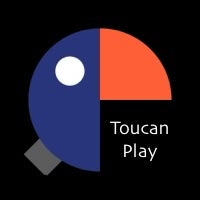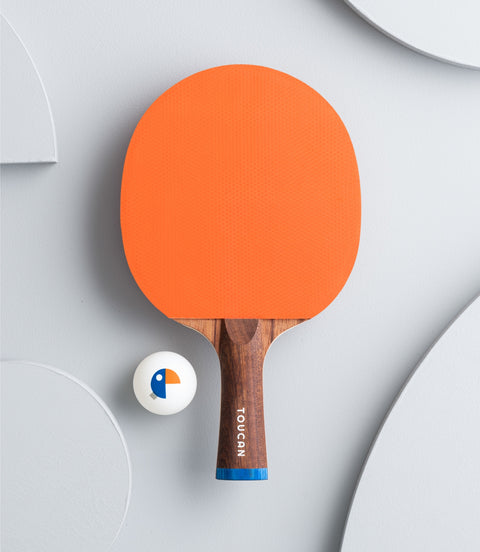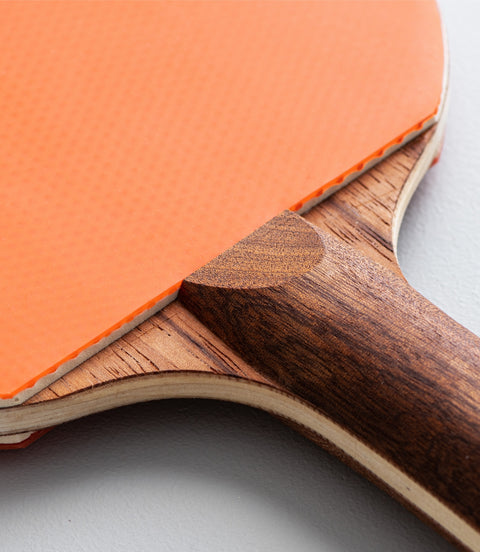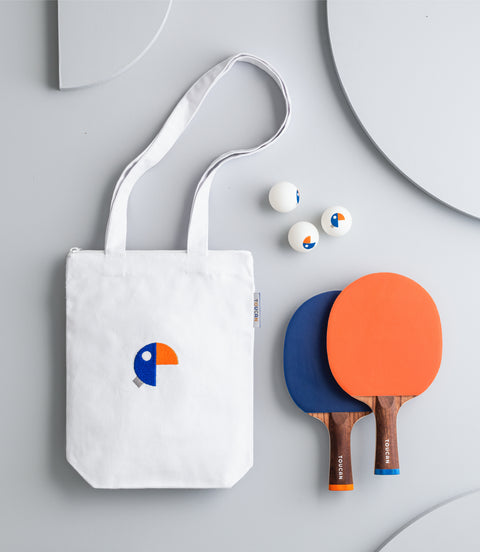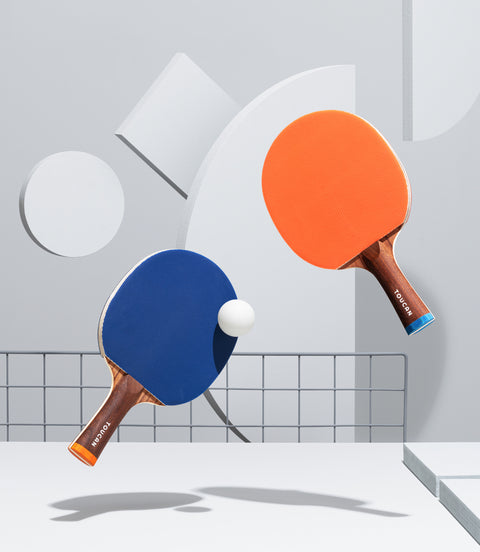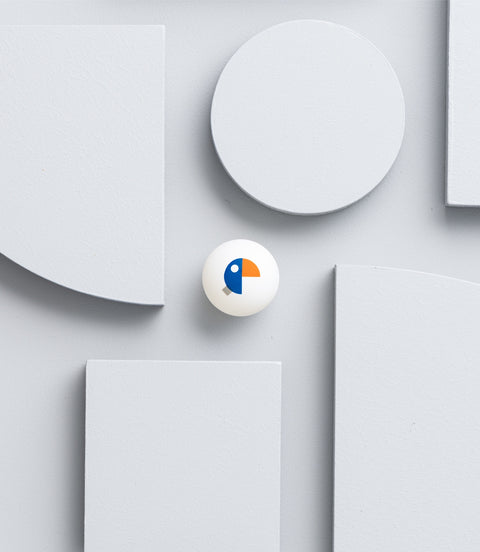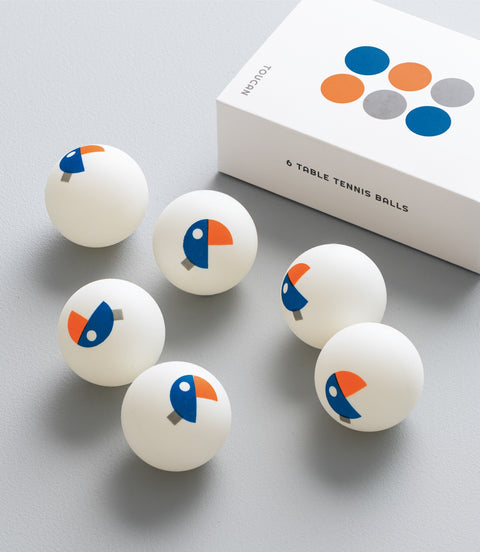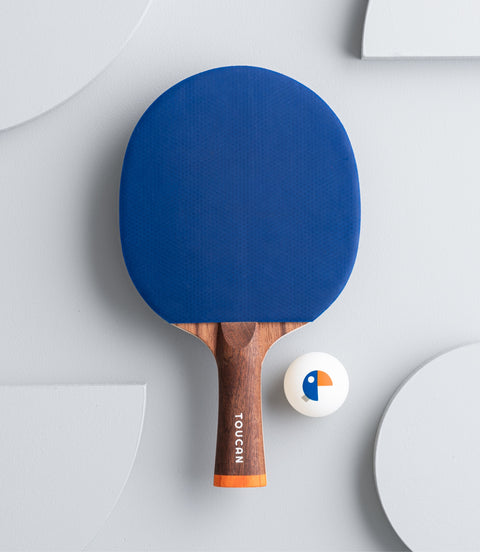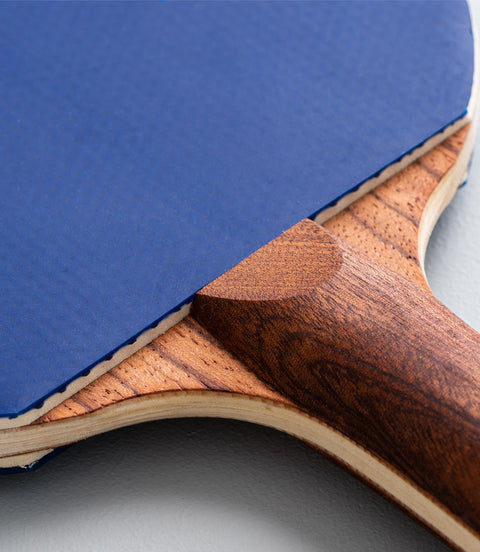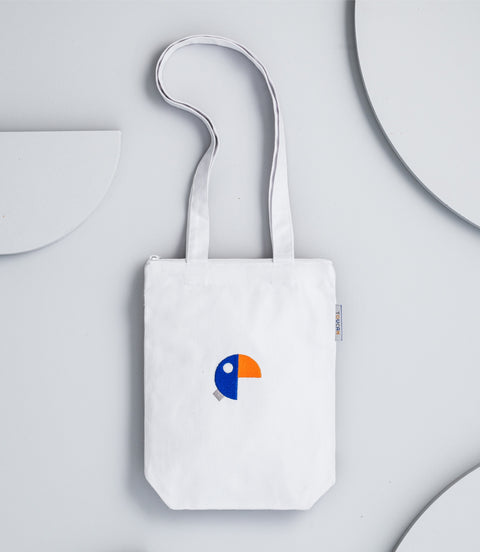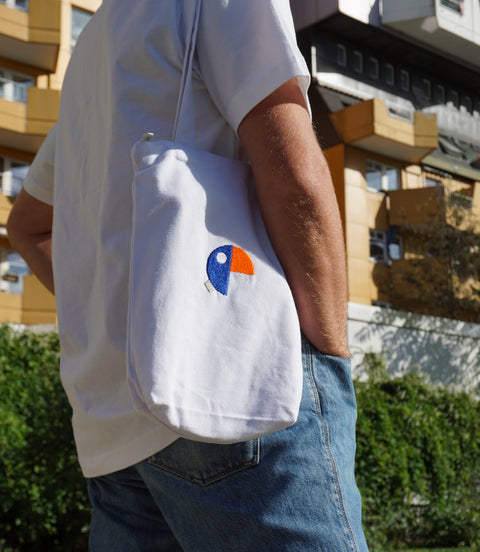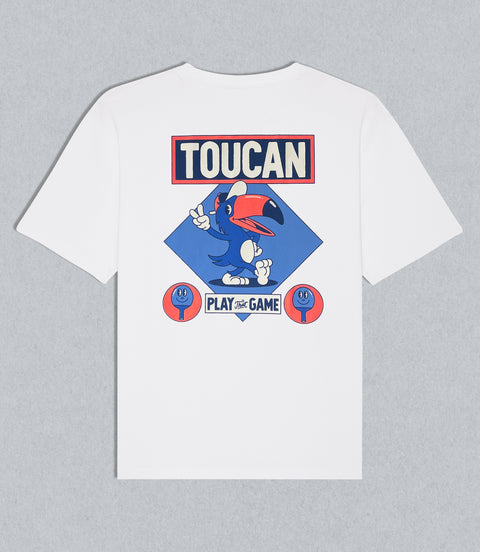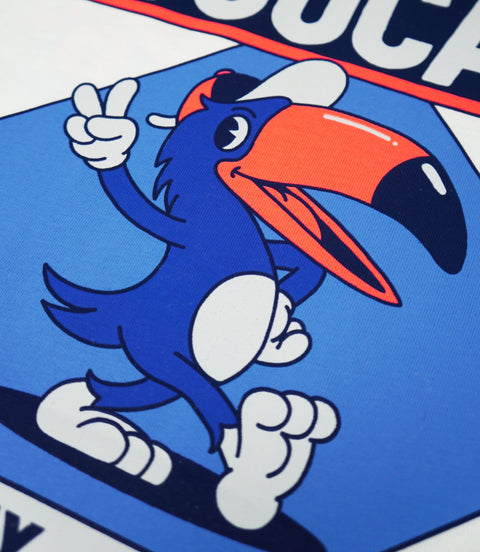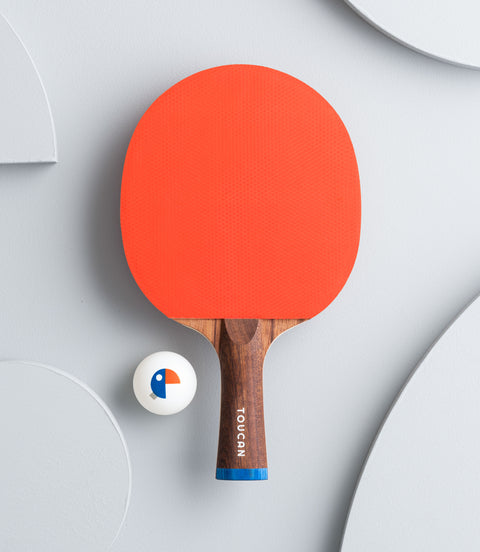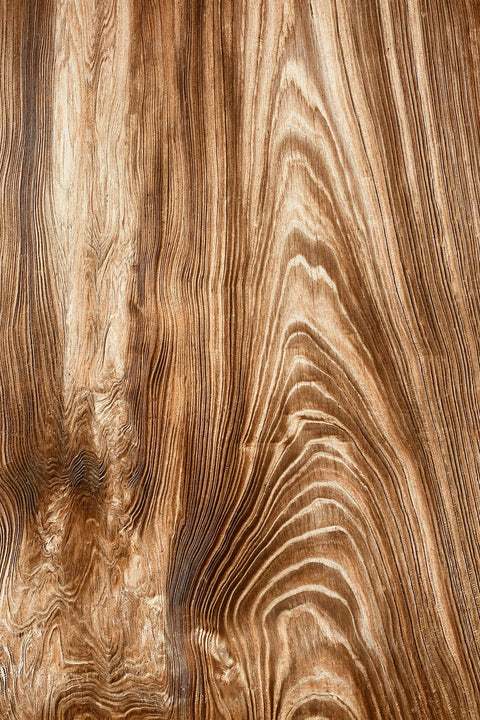
There's a big problem with Big Ping Pong.
Not a single one of the "Big Ping Pong" brands has made any sort of commitment to sustainability.
Take a look: Donic. Joola. Stiga. Cornilleau. Kettler. Tibhar. Pongori. Andro. KillerSpin. Sauer&Tröger. Sunflex. Gewo. Yasaka. Victas.
These companies have been manufacturing table tennis equipment for decades. And none of them say a single word on their websites about the provenance of the materials they use, the labour standards in their supply chains, or their carbon contributions.
(Butterfly, to be fair, have made a water bottle from bio-degradable plastic. But that's as good as it gets.)
It's 2023. And table tennis players around the world deserve better.
Beautiful design means sustainable design.
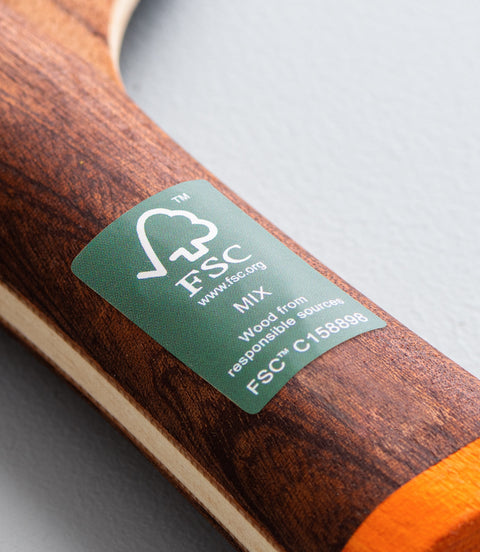
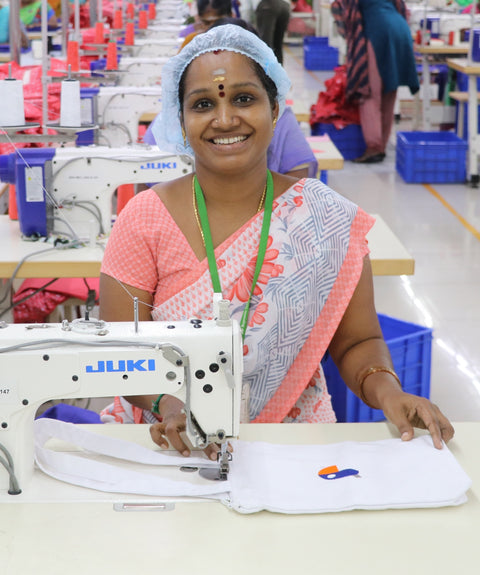
We don't just want to make table tennis bats, balls and apparel which look beautiful.
We want to make equipment which respects and celebrates our environment and our planet.
That means making deliberate choices about the materials we use, and the suppliers we work with – suppliers such as Supreme Creations, who make our beautiful canvas cotton table tennis bags.
One of the reasons we chose to work with Supreme is their focus on female empowerment: 90% of their 70-strong workforce in Pondicherry, India is female – where there is an emphasis on investing in skills, paying above market wages and community building
Deliberate choices we're making to be more sustainable:
Making and selling table tennis bats means we rely heavily on wood and paper as materials.
As a rule, we use as little paper and wood as possible so that we minimise waste.
Where we do use these materials – for instance, on the blades and handles of our bats, boxes for our balls or packaging components for our apparel – we only use FSC-certified materials.
Where we use cotton – for example, to make our t-shirts, bags and socks – we only use Global Organic Textile Standard (GOTS) certified cotton.
This standard stipulates requirements throughout the supply chain for both ecological and labour conditions in textile and clothing manufacturing, using organically produced raw materials.
The cotton we use also meets a minimum of the OEKO-TEX 100 standard. That means the cotton is free from chemicals which are harmful to humans or the environment.
We're proud to partner with Supreme Creations to make our beautiful canvas cotton table tennis bags.
One of the reasons we chose to work with Supreme is their focus on female empowerment: 90% of their 70-strong workforce in Pondicherry, India is female – where there is an emphasis on investing in skills, paying above market wages and community building.
We use as little plastic as possible in our products and processes.
There are some instances where, for the moment, we do use plastic – for example in mailing bags and envelopes which need to be waterproof.
In these cases, we've worked with the sustainable packaging specialists at No Issue to select plastic which is completely recycled and highly durable, so that it can be re-used again and again.
There's no country in the world with a richer heritage in table tennis than China, and we're proud to manufacture our bats and balls in the province of Zhejiang – one of the world's ancient centres of design and materials work.
Our partner factory there follows the global BSCI standards for auditing both process and employment standards, and they're among the most advanced table tennis factories in the world when it comes to working with sustainable materials.
For production which is cotton-based, we work with carefully-selected partners in Pondicherry, India and Istanbul, Turkey. In both cases, the factories are Fairtrade and SEDEX-certified.
Can you help us become even more sustainable?
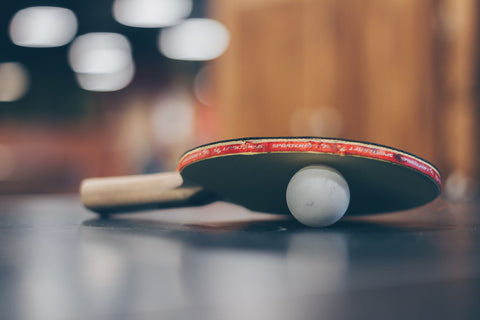
We're always looking for ways to become more sustainable in what we do.
We're particularly interested in finding ways to refurbish or recycle old table tennis equipment, and manufacture table tennis balls more sustainably.
If you have any ideas, then we'd love to hear from you. Here's how you can get in touch.
